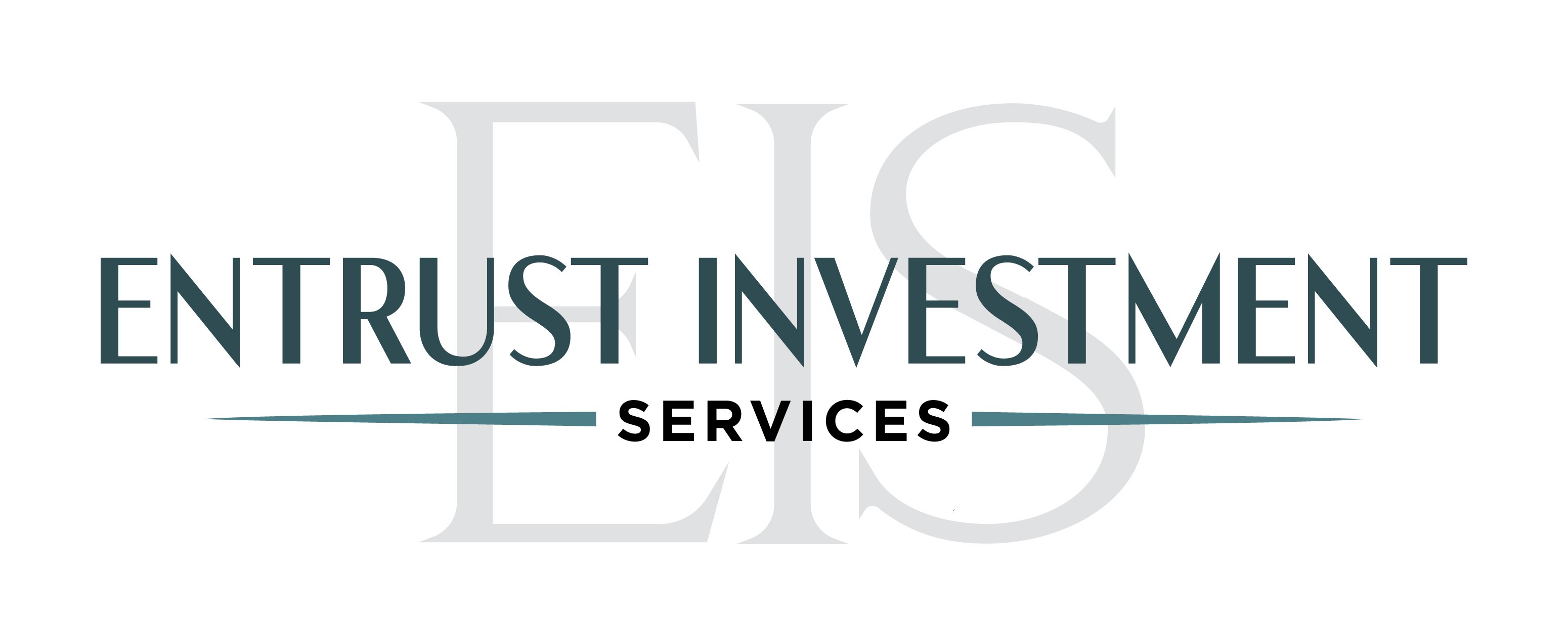Introduction
Inflation, the stealthy eroder of purchasing power, is a concern for every investor. While traditionally understood as a rise in prices, a deeper perspective, particularly from the Austrian School of Economics, sees inflation primarily as an increase in the money supply. For investors, understanding this can unlock strategies to hedge against inflation, specifically through stock ownership in companies that capitalize on this money supply expansion.
Inflation and the Money Supply: A Brief Overview
The Austrian School defines inflation not just by the symptomatic rise in prices but by the actual increase in the money supply. Central banks, through mechanisms like open market operations and lowered reserve requirements, can inflate the money in circulation. While this can lead to general price increases, it also represents an influx of capital that companies can access.
Investing in Companies that Tap into the Money Supply Increase
- The Mechanism of Share Buybacks: Companies often purchase their own shares from the market, a move that can boost Earnings Per Share (EPS), support stock prices, and optimize capital structures. These buybacks are sometimes financed through loans, which means these companies directly tap into the expanded money supply.
- Banks as Catalysts: As custodians of capital, banks play a pivotal role in channeling the new money supply to publicly traded companies. When companies borrow from banks to finance activities like share buybacks, they're essentially capturing a portion of the freshly minted money.
- How Investors Benefit: By investing in stocks of companies that actively engage in buybacks financed through debt, investors indirectly participate in the money supply expansion. As these companies capture and deploy new capital, the potential appreciation in stock value can offer investors a hedge against the long-term risks of inflation.
Navigating the Investment Landscape
- Research is Key: Not all companies that engage in buybacks are good investments. It's vital to understand the company's fundamentals, the rationale behind the buybacks, and the terms of their debt.
- Diversify: While investing in companies that tap into the money supply increase can be a hedge against inflation, diversification remains a foundational principle of investing. Spread investments across sectors and strategies to mitigate risks.
- Stay Informed: Economic conditions, central bank policies, and corporate strategies evolve. Regularly review and adjust your portfolio in response to these changes.
Conclusion
The dance of inflation, money supply, and corporate finance is intricate, but it offers astute investors opportunities to hedge against the diluting effects of inflation. By understanding and capitalizing on the nexus between money supply expansion and corporate buybacks, investors can position themselves to not only preserve but potentially grow their wealth in an inflationary environment. Owning stocks in companies that are beneficiaries of the new money supply can be a strategic move in one's investment journey.




